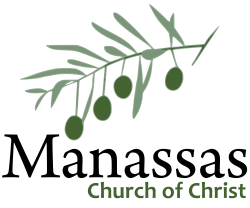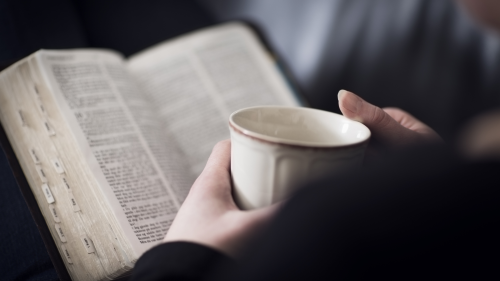 “I have great comfort from this fellow; methinks he hath no drowning mark upon him; his complexion is perfect gallows. Stand fast, good fate, to his hanging! Make the rope of his destiny our cable, for our own doth little advantage! If he be not born to be hanged, our case is miserable.” The Tempest, Act 1:Scene 1 – Shakespeare
“I have great comfort from this fellow; methinks he hath no drowning mark upon him; his complexion is perfect gallows. Stand fast, good fate, to his hanging! Make the rope of his destiny our cable, for our own doth little advantage! If he be not born to be hanged, our case is miserable.” The Tempest, Act 1:Scene 1 – Shakespeare
William Shakespeare’s last complete play, The Tempest, begins with a violent storm and a shipwreck. All the passengers on the ship survive the wreck the tempest has wrought. In the quote above, Gonzalo, the good advisor of the Duke of Milan, takes heart in the midst of the storm because of a sign he thinks he sees. The Boatswain, a crude and blasphemous man, seems marked for hanging. If the boatswain will one day hang, then he will certainly not drown in this storm – thus the prayer “Make the rope of his destiny our cable.” If the boatswain survives by being marked for a different fate, then they may all survive.
Despite living in a nominally “Christian” nation, at a time when the separation between church and state was non-existent (and the King James Bible was being produced), Shakespeare’s body of work is starkly free of Biblical themes and allusions. I think the scene in The Tempest mentioned above is an exception. This scene recalls (perhaps unintentionally) two Biblical accounts, in setting and theme.
The first is Jesus’ stilling of the storm in Mark 4.35-41. In The Tempest the Boatswain shouts at Gonzalo, “If you can command these elements to silence, and work peace…use your authority!” Of course we know Who clearly has authority to command the elements with “Peace! Be Silent!” The second passage The Tempest references is the account in Acts 27 of Paul’s shipwreck – the oldest such eyewitness account in history, and the best. Gonzalo’s description of the “noose” being the “cable” that saves their ship refers to a practice Luke describes in v.17. But there is a stronger, thematic connection I want us to notice.
Both Jesus and Paul were confident in the face of the storm because they both knew they were not marked for drowning. Jesus was, remarkably, fast asleep in the stern of the boat, using the tillers seat-cushion as a pillow. “Master, don’t you care that we are perishing?!” the disciples plead/accuse/demand. Jesus, however, knows that no matter how much water pours into the boat, he is not marked for drowning. He is going to be crucified. Paul is confident during the storm that wrecks their ship on the island of Malta, because he knows from the Lord’s prophet (Acts 21.10ff) and the Lord himself (Acts 27.21ff) that he was not marked for drowning. He must go to Rome and be executed.
Jesus and Paul both knew their lives would end in execution as criminals. And so they were confident. Their confidence had another source as well – the certainty of victory & reunion – they each knew their death would accomplish the will of God, and reunite them with God (see John 14.1ff, Phil 1.21ff).
We know the same. Paul did not have the specific knowledge Jesus had - nor do we. We don’t have the knowledge Paul had. But we do know “To live is Christ, and to die is gain” (Philippians 1.21). We do know Jesus “will come again,” and receive us “unto himself,” (John 14.3). We know we are marked for victory and reunion. And so we, as well, have every reason to share that confidence in salvation – share that strength to face of whatever happens between now and not yet, between the place we stand, and that for which we have been marked.




